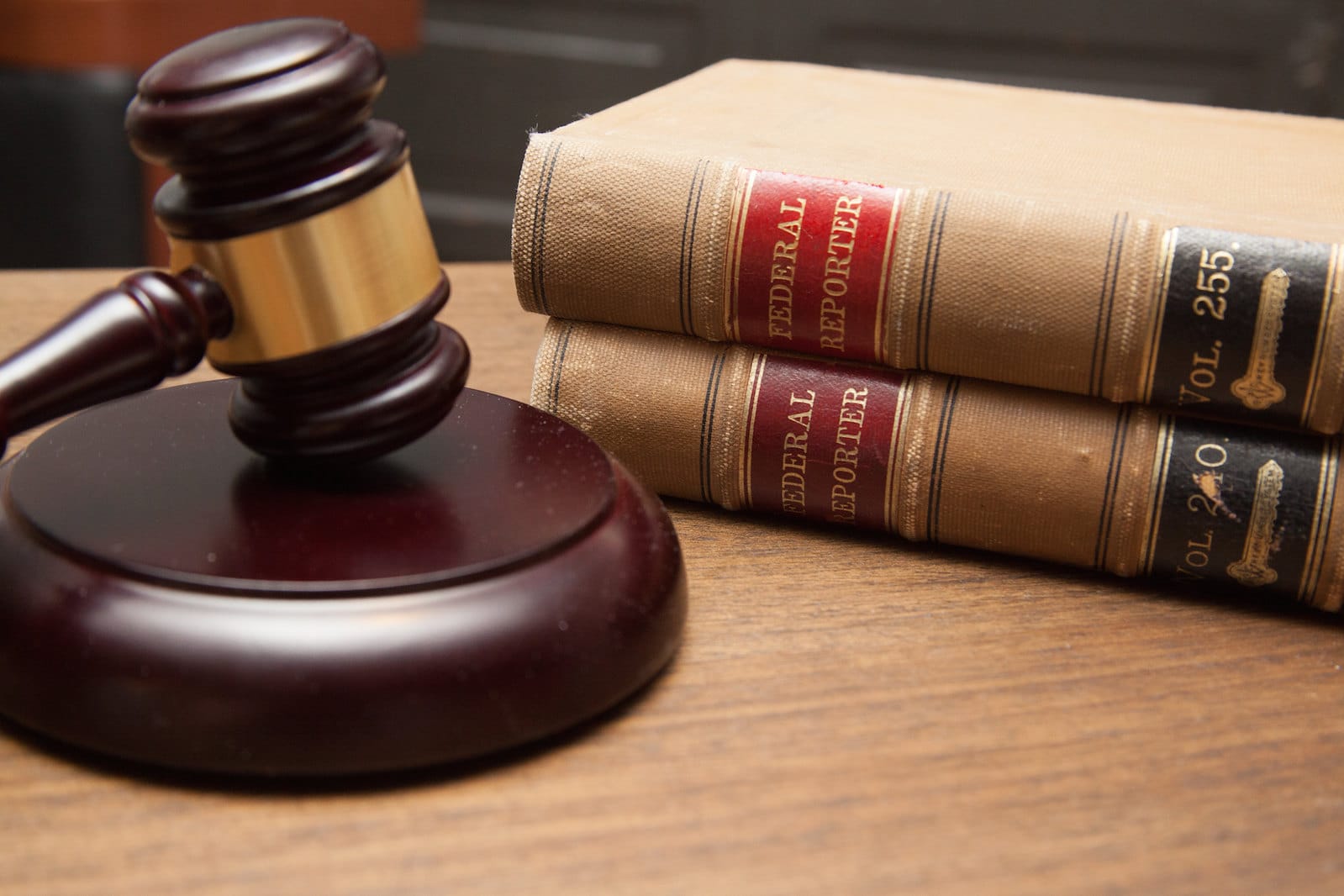While the coronavirus continues to disrupt American life, activists around the country are not forgetting about the millions of people whose lives have long been disrupted by marijuana convictions. Yet the movement to expunge convictions is being forced to adapt to the realities of mandatory social distancing, which has made grassroots, community-based work near impossible.
There are hopeful signs. On April 24, Santa Clara County officials in San José, California announced that they would finally clear over 11,500 cannabis convictions affecting over 9,000 people. The state of California has mandated that counties take steps to automatically clear cannabis convictions dating back decades for residents. (The state does not offer true record expungement, however.) The county’s superior court duly expunged those convictions on April 29, meaning that the 9,000 will not need to individually file petitions and attend court hearings.
Daniel Montero, a cannabis activist in San José, told Filter he was surprised to see this move from his local government. He himself got a cannabis record cleared years ago, and has since been working with other locals to put pressure on the district attorney’s office to take large-scale action.
“Every time we asked the DA to honor this, we were met with complete stonewalling or a response that defied logic,” he said. “Previously, Code for America was offering California counties free service to help expunge records without headaches. The DA did not even entertain the idea, and then that opportunity passed.”
As Montero described it, cannabis legalization and the need for record clearing has transformed the politics of conservative San José. He also commended the local police department for being relatively supportive of legalization and expungement, even when it put them at odds with the prosecutor’s office.
In California and around the country, the pandemic has forced the criminal record expungement movement to adapt to social distancing. This is challenging when the expungement movement operates primarily on an in-person basis, as exemplified by the annual National Expungement Week (NEW).
NEW, which kicked off in 2018, has been successful in creating public events and workshops nationwide where people can learn about the process of clearing their records. These events have also provided other services, relating to employment, housing, healthcare assistance or voter registration, for example. That’s important because people with criminal records face legalized discrimination from employers, schools, banks and more.
Besides these public events, cannabis activists like those in Chicago, Illinois have gone door-to-door in heavily impacted communities to spread awareness about expungement. Even in states like Illinois, where laws offer expungement to people with records, many people simply don’t know about what’s available or what they need to do. Government offices that offer assistance may be understaffed and overburdened, and people without internet access lose out on valuable information.
In Philadelphia, cannabis and criminal justice activist Sheena Roberson has been thinking hard about how to keep fighting for justice for local residents during the pandemic. “It drastically impacts how well we’re able to reach out and connect with people,” she told Filter. “But now we’re starting to establish some virtual clinics and Zoom calls for families. We’re making sure people can still talk to their parole officers. For people required to do community service, we’re helping them see if they can take online classes or do something else to satisfy that.”
Virtual activism isn’t foolproof; many of the worst-impacted people struggle with poor internet access or language barriers, and now can’t access public spaces like libraries to get help. So Roberson and her fellow criminal justice advocates have had to innovate further. She is currently talking to churches and other organizations with large physical spaces, hoping that they can collaborate to create expungement clinics where people can receive in-person services while socially distancing.
Besides fighting for cannabis record expungements, Roberson and her allies are also working to help get people out of jails and prisons to protect them from COVID-19. Pennsylvania announced in April that it would release about 1,500 people imprisoned for nonviolent offenses, while neighboring New Jersey announced a similar effort.
Roberson is also helping activists to partner with home healthcare and food donation agencies, to make sure people with criminal records can receive other vital support. “At the end of the day, we’re talking about a primarily minority population that is doubly impacted,” she said. “The data is showing that minorities are the worst impacted by this pandemic. The safety and health of ex-offenders is the public’s safety. We might look at them as not a part of our community, but how well they cope now impacts all of us.”
Back in San José, Montero cautions that the recent victory is just the beginning of a new struggle, with communication again key. “I worry, will the messaging be loud enough for our 9,000 brothers and sisters that now have this load off their chest?” he said. “We need to make sure everyone affected by this knows this is a fresh opportunity for them.”
Montero wants to help locals create job programs and educate people about their legal rights now that their record is cleared. One of the most important aspects, for him, is helping these residents reverse the psychological damage of conviction and to feel newly empowered.
“When you’re a drug offender, it’s embarrassing when you try to get a job,” he said. “It really offends the way you perceive yourself and your relationship with your family. I hope now we can have a positive domino effect in the other direction for these people.”
Image by Weiss & Paarz/Creative Commons 2.0.





Show Comments